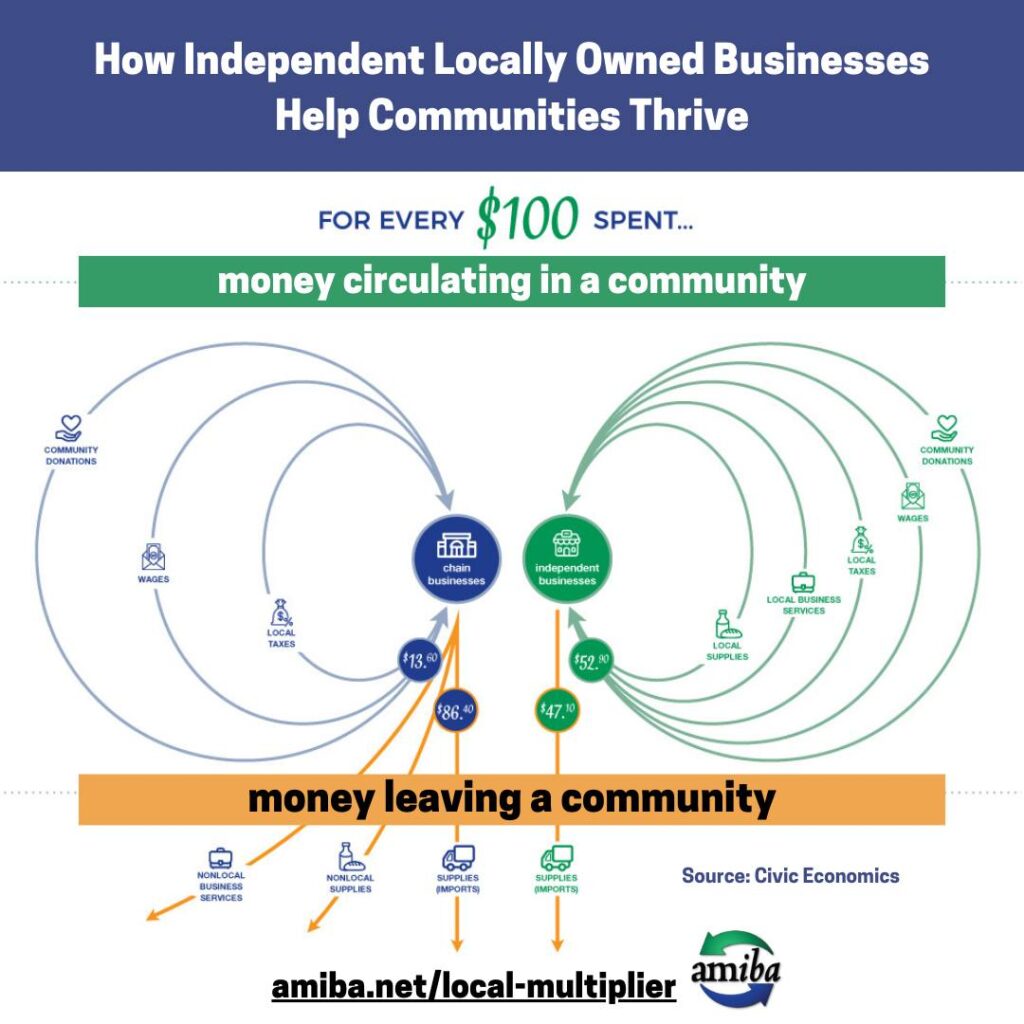In general, extreme market concentration is not beneficial to anyone in society except the owners and top officials of the large corporations. Squeezing out small businesses increases the cost of products to consumers, depresses the wages for those who work for the big firms, deincentivizes innovation and increases the profits of only the rich who control the dominant part of the market share. A consequence of market concentration is a decline in free competition. Companies that envelop more of the market put up barriers for small businesses to enter.
Not only is monopolization or attempted monopolization illegal; anti-competition practices can arise when one or a few companies control most of the market. When a company possesses a large portion of the industry, it has the power, leverage and money to commit these practices, including price fixing, bid rigging, and boycotts. The most famous example is when oligopolies collude to fix their prices. The intent is to set the prices at a certain level agreed upon between competing companies.
Download and read our report on monopolies and the harm they do.


